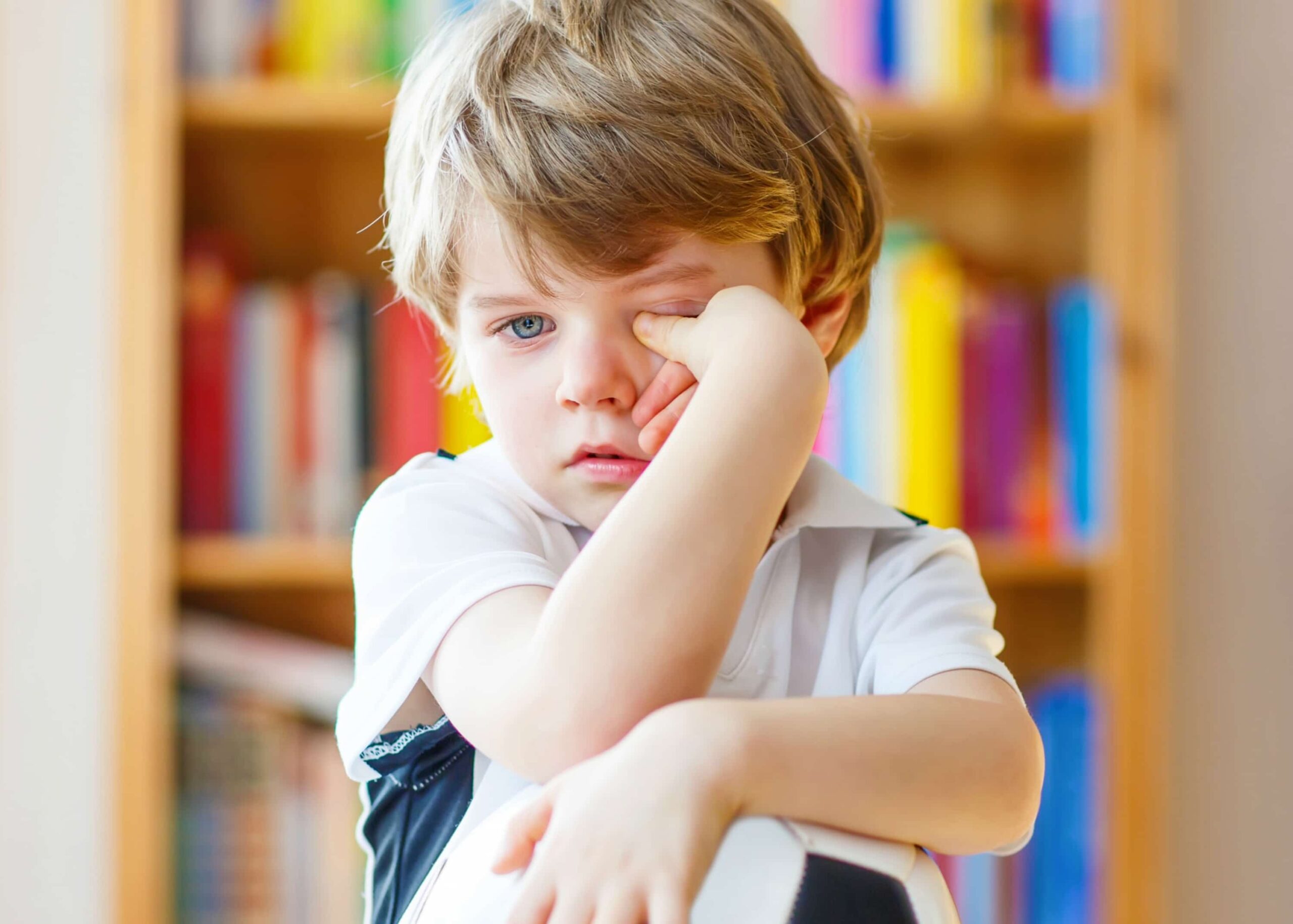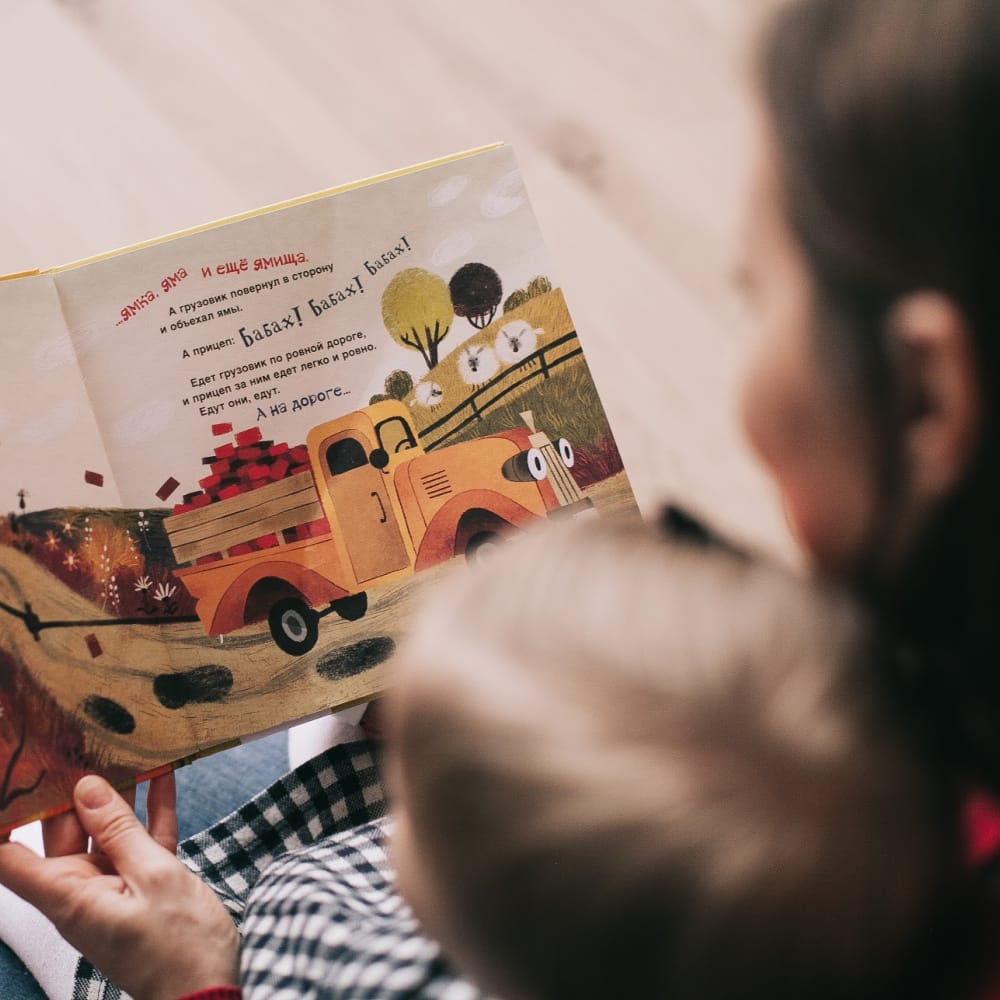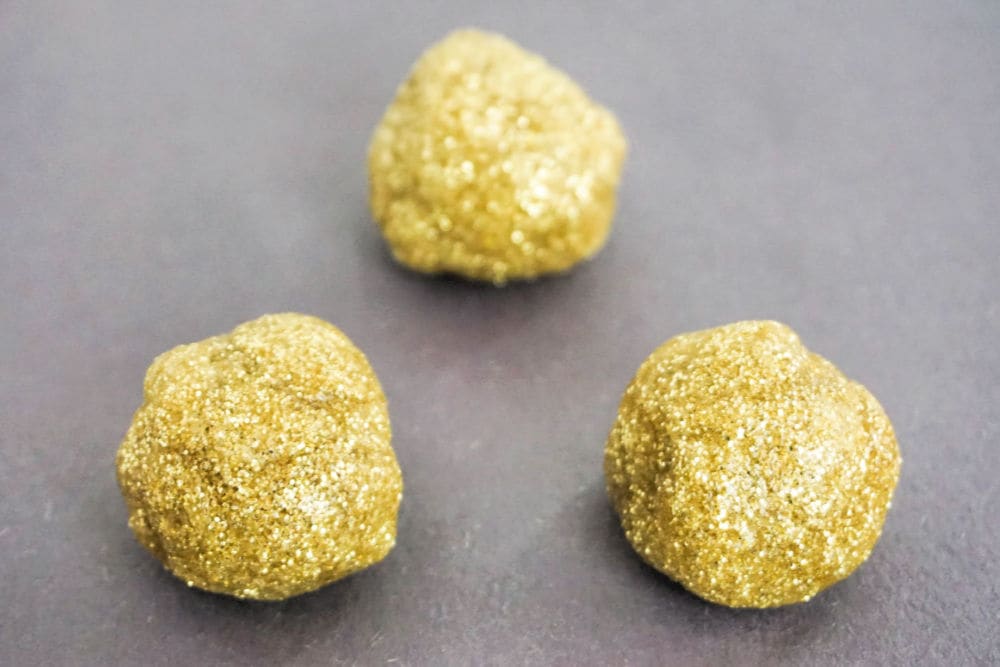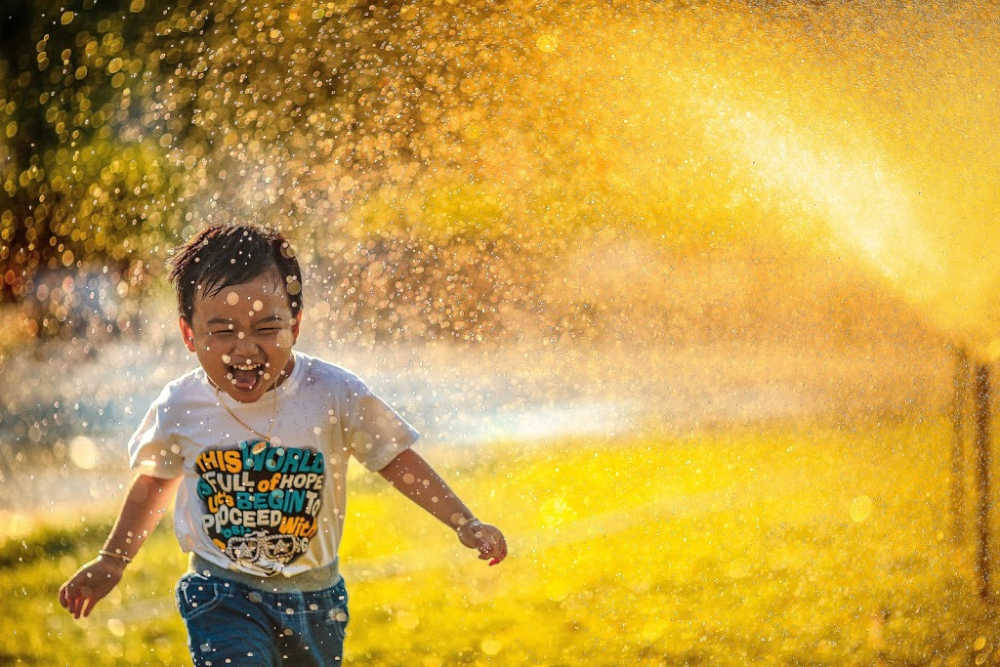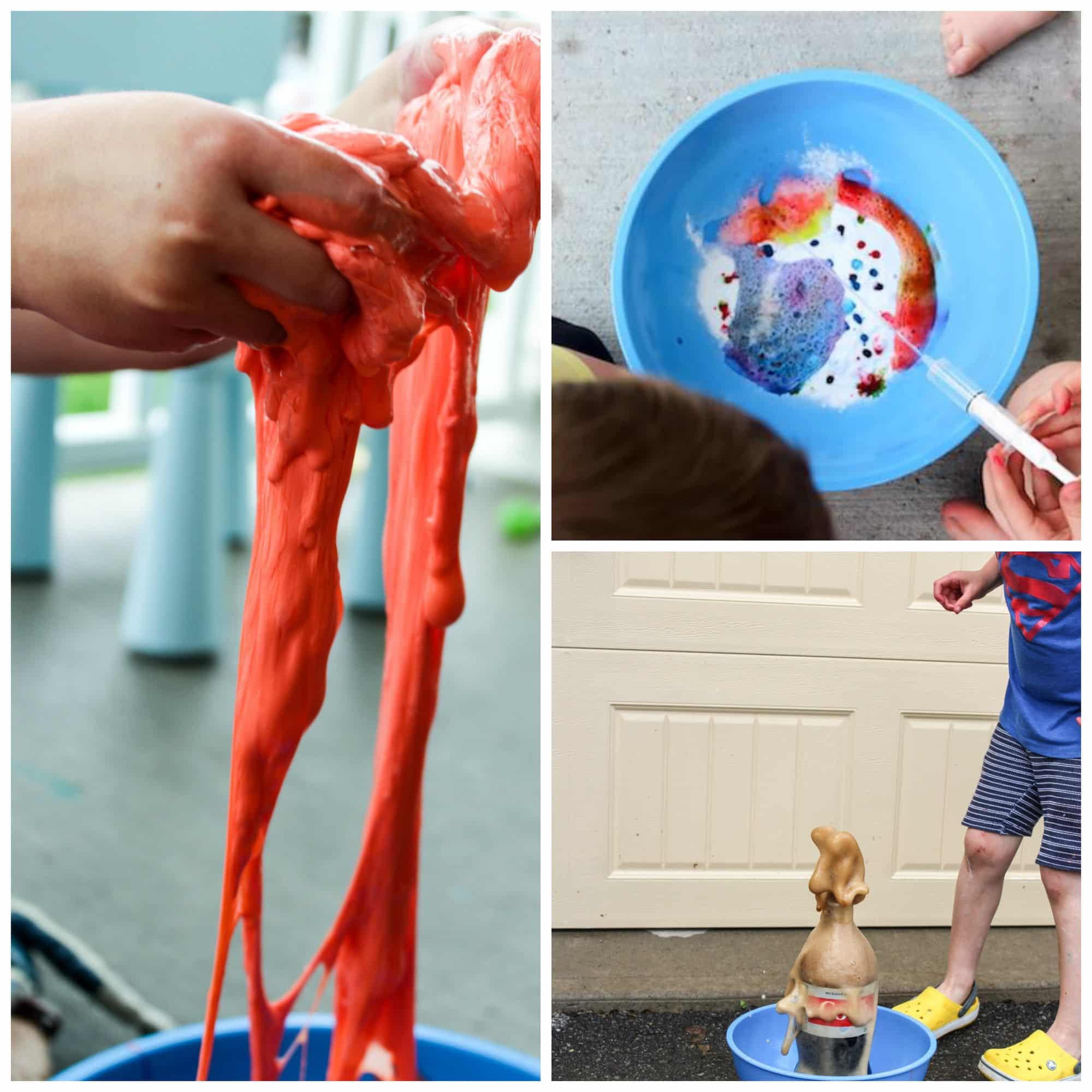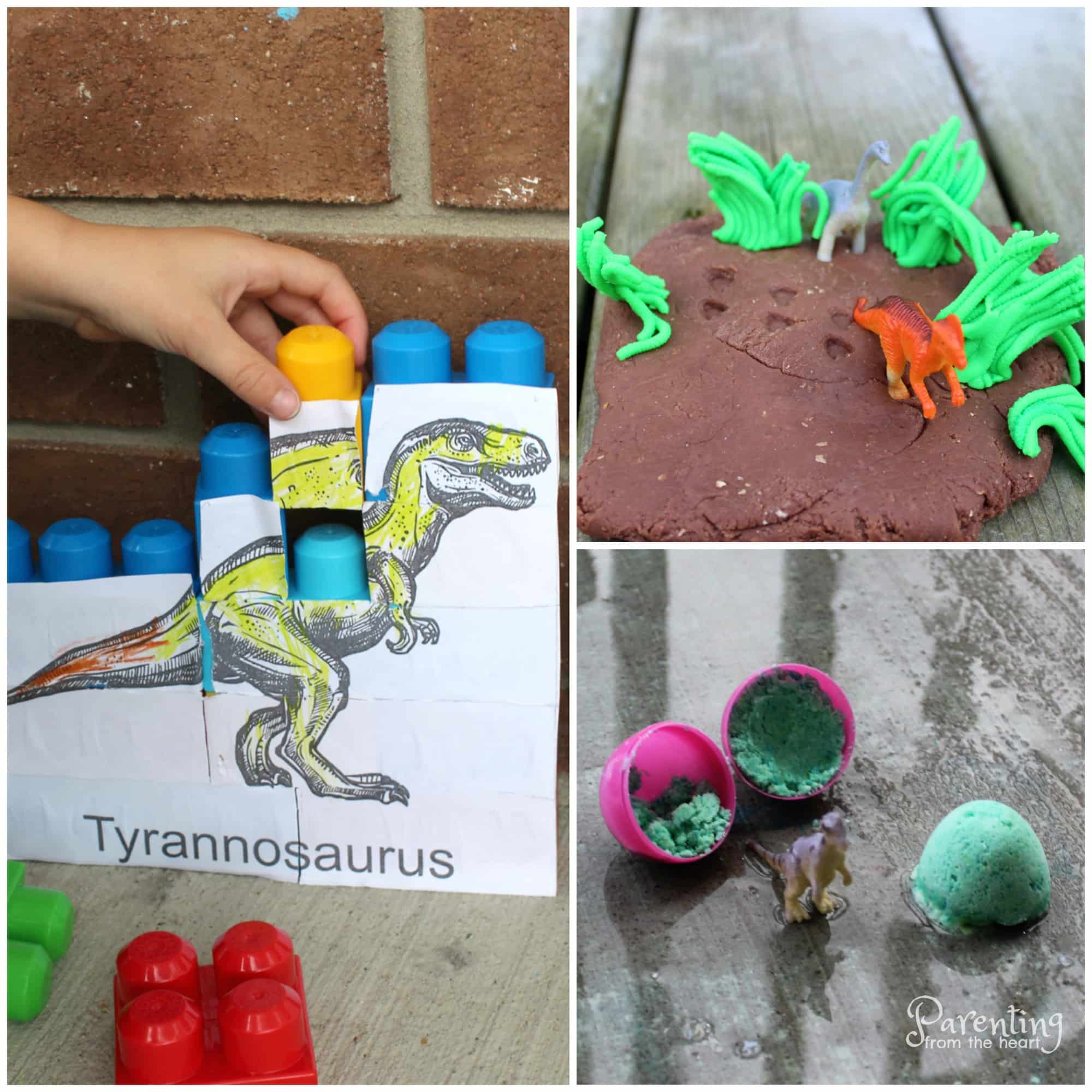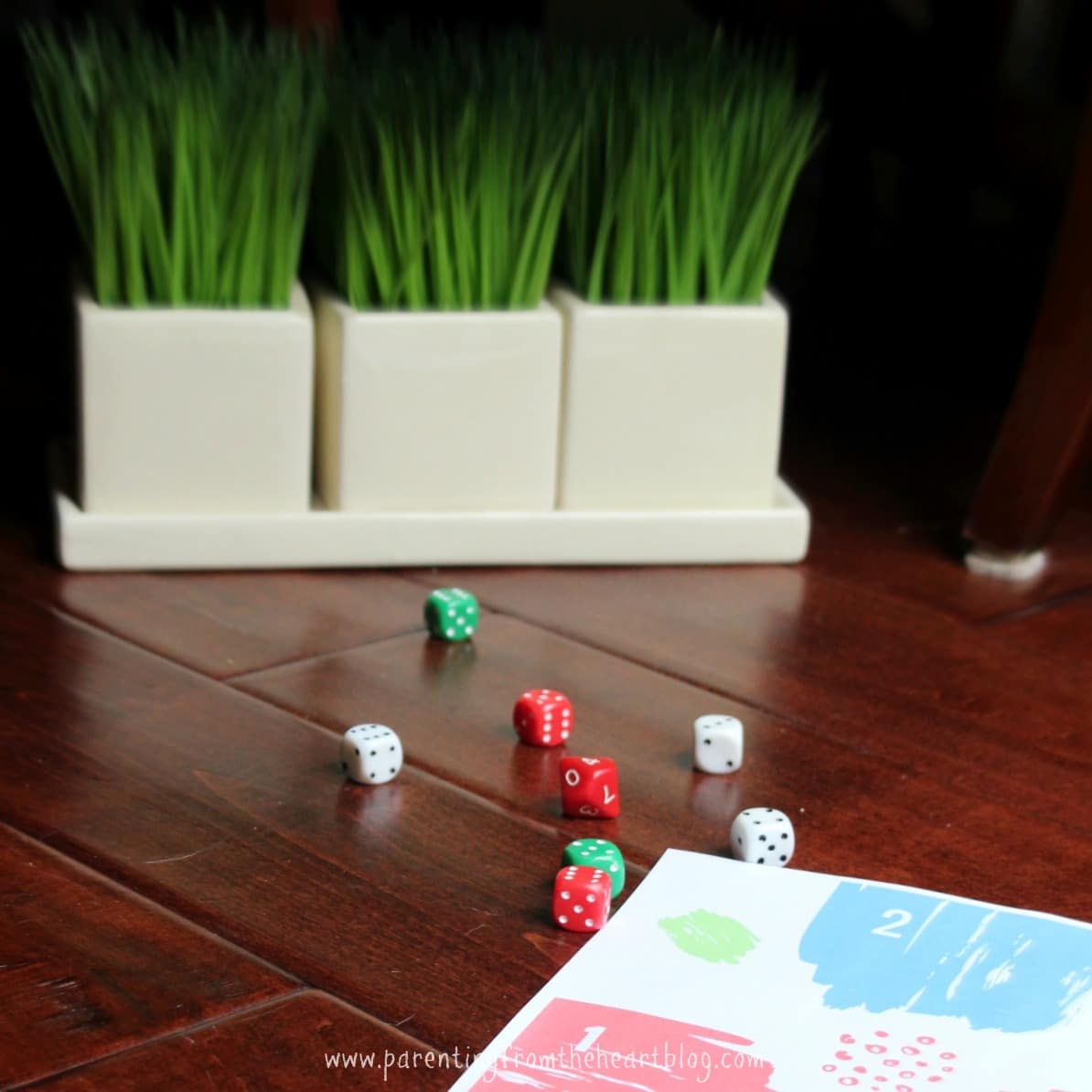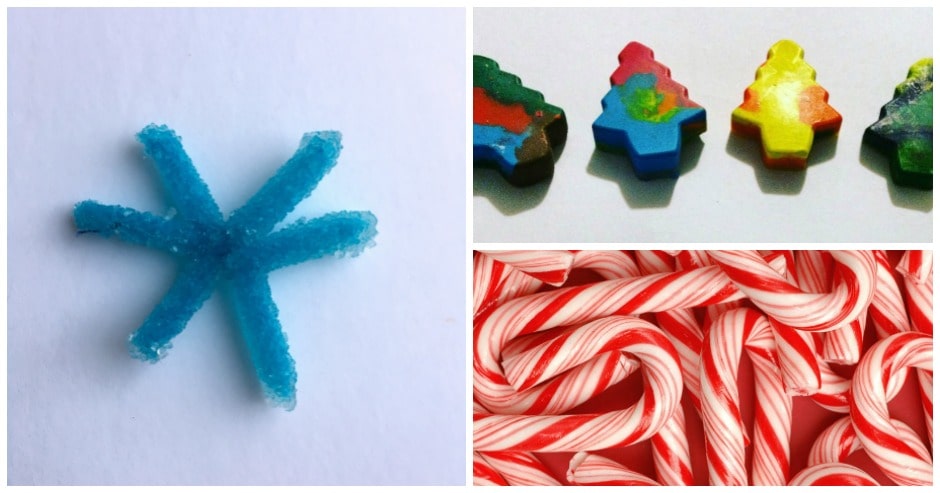Browsing Tag
kids activities
25 posts
Dive Into Our Free Mermaid Coloring Pages
Nothing will transform you into the mystical underwater world quite like our free downloadable mermaid coloring pages! Dive…
January 30, 2024
After school activities for kids: Why science says less is more
With summer holidays approaching, it's natural to worry about our kids' boredom. No one wants their kids spending the summer fighting over the iPad or in a state of complacency.
April 8, 2024
15+ calming toddler activities that are simple and fun
Whether it’s when a toddler gives up her nap or when a parent simply needs some quiet time,…
November 14, 2023
How to Make Bouncy Balls: A fun, hands-on science lesson
If your child is slime-obsessed, you will want to check out this spin how to make slime. While…
August 26, 2019
3 Golden Rules to Give Your Child the Best Summer Ever
When it comes to summer activities for kids, you don’t need to plan or spend too much. In…
October 26, 2023
How to set up three simple science activities for preschoolers
It doesn’t take a science degree to execute simple science activities for preschoolers. In fact, all you need…
October 26, 2023
Dinosaurs for Kids: Play-Based Learning Activities with Printable Pack
Are your children or students interested in dinosaurs? Find an amazing preschool worksheet package filled with activities about…
October 26, 2023
Dice Games for Preschoolers: Fun ways to promote numeracy
These dice games are fun, engaging ways to teach preschoolers numeracy… Disclaimer: This post contains affiliate links. The…
November 7, 2023
New Years Kids Activities: Simple ways for fun at home
I’m a big Holiday girl. Easter, Thanksgiving, Halloween, Christmas, you name it, I get really excited. I immediately…
October 31, 2023
DIY Christmas Gifts Kids Can Make
If I let commercial Christmas spirit get the best of our family, I’m pretty sure my children…
October 31, 2023








